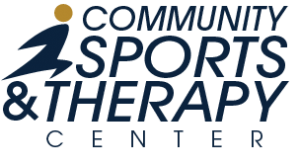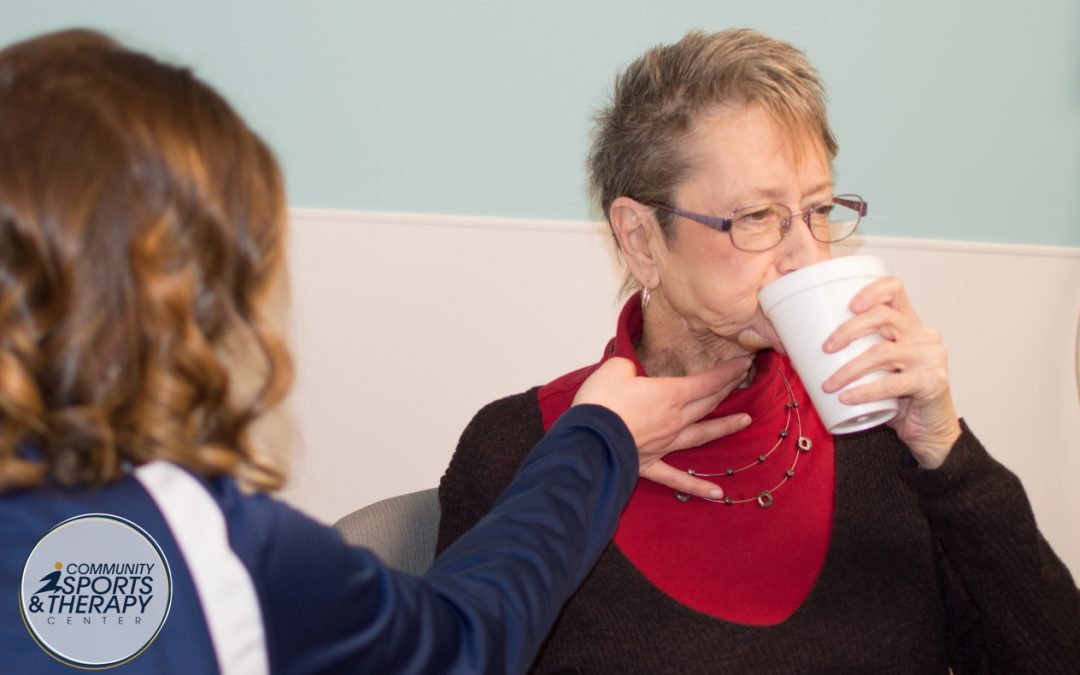First, what is “Dysphagia”?
Simply put, dysphagia is difficulty or discomfort in swallowing. It is a common problem for people who have been treated for head and neck cancers, such as laryngeal, pharyngeal or oral cancer. The seriousness of the swallowing problem depends on the type and nature of the treatment, the size and location of the tumor, and the nature of any reconstruction.
Dysphagia can have a significant impact on a patient’s life after radiation treatment and surgery, according to the Oral Cancer Foundation. The ability to consume enough nutrition is critical in your recovery from surgery and ability to tolerate lifesaving treatments. Recognizing this disorder early allows you and your doctor to implement an effective treatment plan.
What are some signs or symptoms of swallowing problems after head and neck cancer?
Individuals treated for head and neck cancer may experience any or all of the following swallowing problems:
- The need to swallow many times to clear food from the mouth and throat
- Gurgly, wet-sounding voice after swallowing
- Coughing or gagging when swallowing
- Being unable to swallow
- Throat clearing while eating
- Drooling
- Being hoarse
- Pain and dryness when swallowing
What treatments are available for people with swallowing disorders?
Treatment depends on the cause, symptoms, and type of swallowing problem. A speech-language pathologist may recommend:
- Specific swallowing treatment (such as exercises to improve muscle movement or expiratory muscle strength training)
- Safe swallow strategies
- Postural changes
- Modified diet and/or food and liquid textures
Why should I see a Speech Language Pathologist (SLP) before beginning treatment for head/neck cancer?
Recent studies have found that patients who begin using swallowing exercises before beginning cancer treatment have less severe side effects from treatment and a better chance to continue eating and drinking normally after treatment is complete. Preventing these difficulties has been found to be more effective than trying to correct them after they occur. Meeting with a SLP before beginning your cancer treatment will help you better understand what to expect, as well as how you might best maintain or restore your swallowing function.
What can speech therapy do before radiation/chemotherapy treatment?
- Establish swallowing/nutritional baseline
- Discuss normal anatomy and physiology of the swallow
- Review radiation/chemotherapy side effects regarding dysphagia
- Establish oral/dental hygiene program
- Family education and support throughout treatment
- Initiate prophylactic dysphagia exercise program (to minimize long term effects of radiation on swallowing function)
Statistics on Cancer Related Dysphagia:
- Up to 90% with some level of clinical dysphagia requiring modified diets at completion of chemo/radiation (LaGorio et al. 2015)
- Most functional decline in swallowing occurs between pre-treatment to 3 months following cancer treatment (Moayer, 2013)
- Dysphagia can persist for years after cancer treatment if not addressed (Hutcheson et al. 2015)
How do I get started?
Discuss your swallowing symptoms and difficulties with your doctor. A physician referral is required for speech therapy services for cancer related dysphagia therapy. Ask your physician to order “Speech Therapy (ST) evaluate and treat”. Following the evaluation, the Speech Language Pathologist will determine the best treatment plan for you.

